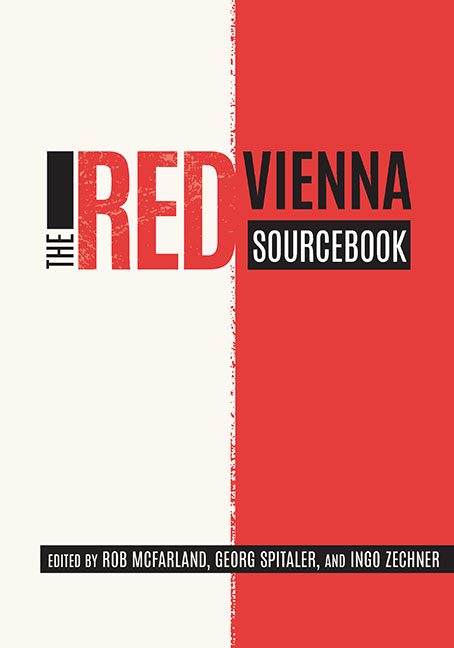Book contents
- Frontmatter
- Contents
- Acknowledgments
- Permissions and Credits
- A Note on the Structure of This Book
- Introduction
- Part I Foundations
- Part II Philosophies
- Part III Identities
- Part IV New Values
- Part V Social Engineering
- Part VI Vitality
- Part VII Housing
- Part VIII Cultural Politics
- Part IX Mass Media
- Part X Exchange
- Part XI Reaction
- Part XII Power
- Chronology
- References
- Contributors
- Index of Subjects
- Index of Persons
Chapter 26 - Theater
Published online by Cambridge University Press: 23 October 2020
- Frontmatter
- Contents
- Acknowledgments
- Permissions and Credits
- A Note on the Structure of This Book
- Introduction
- Part I Foundations
- Part II Philosophies
- Part III Identities
- Part IV New Values
- Part V Social Engineering
- Part VI Vitality
- Part VII Housing
- Part VIII Cultural Politics
- Part IX Mass Media
- Part X Exchange
- Part XI Reaction
- Part XII Power
- Chronology
- References
- Contributors
- Index of Subjects
- Index of Persons
Summary
UNLIKE LITERATURE, the performing arts occupied a central role within the cultural and political programs of the Social Democratic Workers’ Party (Sozialdemokratische Arbeiterpartei, SDAP). Party leaders capitalized upon Vienna's vibrant theater scene to advance a pedagogical program driven by the stage. Under the initiative of David Josef Bach, culture editor of the Arbeiter-Zeitung, the formation of the Social Democratic Arts Council (Sozialdemokratische Kunststelle) in 1919 provided discounted tickets, supported theatrical productions, and defined a cultural agenda based on political education through collective participation and consumption. This mass participation gave rise to new forms of performing arts that reshaped both the theater as an institution and the communities it served. From the speaking choir (Sprechchor) movement to the spread of community theaters, the inauguration of socialist arts festivals (Festspiele) and, later, the explosion of political cabaret, the SDAP sought to develop and instill class cohesion informed and reinforced by the participatory, cooperative model of artistic performance.
The history of the performing arts in Red Vienna can be understood in terms of three distinct and occasionally competing initiatives. The official role of theater, articulated by Bach and the Arts Council, used the existing Viennese theater culture at the Raimundtheater and the Deutsches Volkstheater, among other theaters, to instill social values through classical works from the canon of German-language theater. This topdown artistic pedagogy revealed an optimism that Karl Kraus, Oscar Pollak, and others maligned as elitist and out of touch with working-class culture. An alternative conception of theater was endorsed by a group of artists—including Josef Luitpold Stern—who championed didactic plays as an essential cog in the process of cultural development, designed to serve and nurture the New Human just like breakthroughs in education, social housing, and hygiene. However, as social and political pressures on Red Vienna mounted throughout the 1920s, the performing arts became increasingly polemical and ultimately gave rise to a robust socialist cabaret scene in the late 1920s and early 1930s. This upswing was led by journalist and playwright Jura Soyfer as well as Ernst Fischer and Robert Ehrenzweig, founding members of the Socialist Performance Group (Sozialistische Veranstaltungsgruppe). This provocative agitprop theater (Agitationstheater) rallied support for the socialist cause through clear depictions of social injustice.
- Type
- Chapter
- Information
- The Red Vienna Sourcebook , pp. 503 - 524Publisher: Boydell & BrewerPrint publication year: 2019



